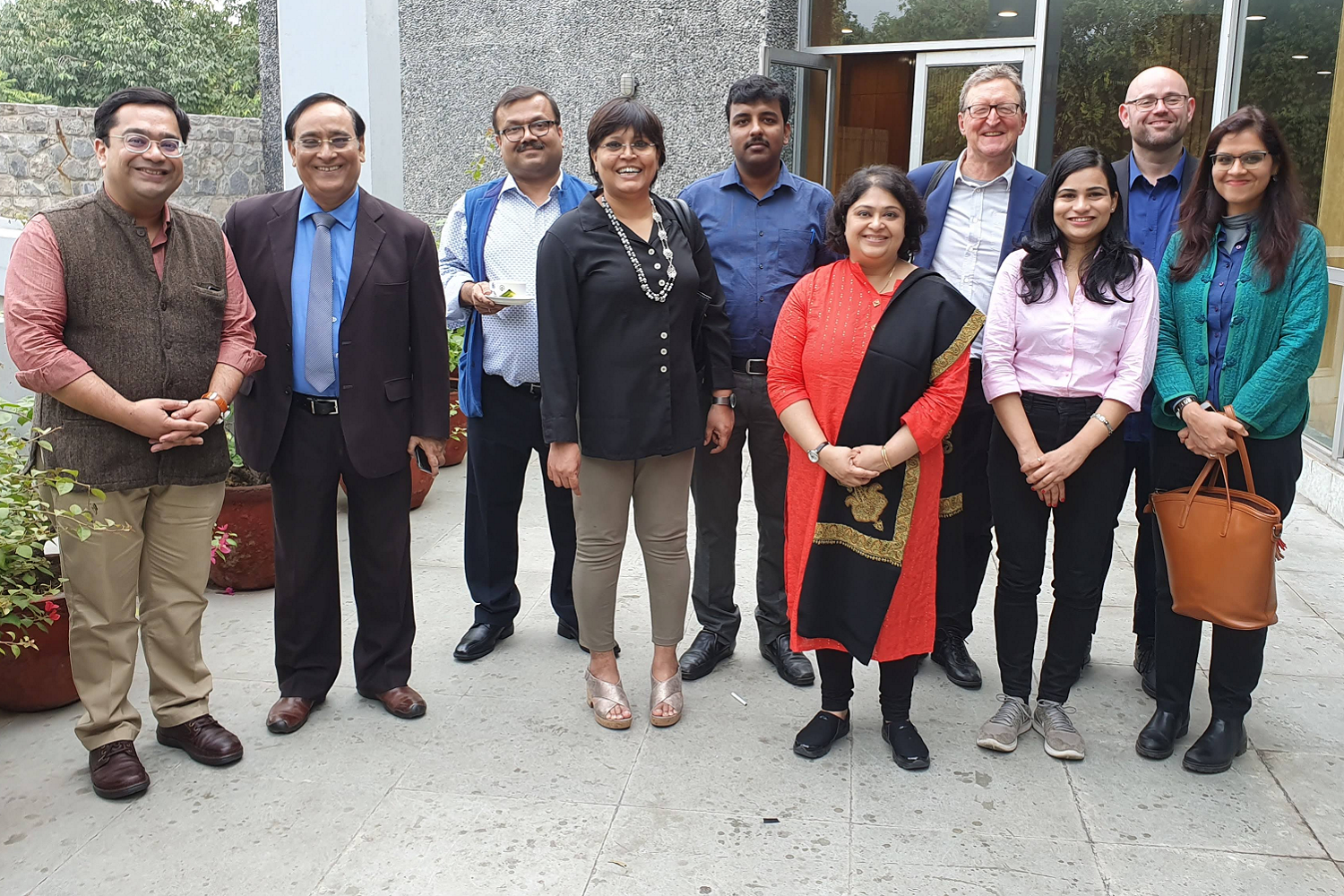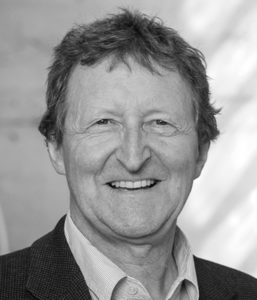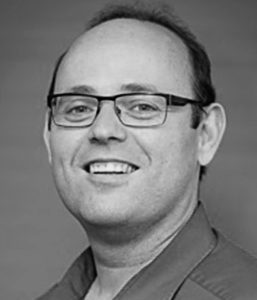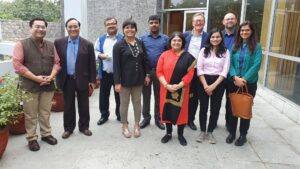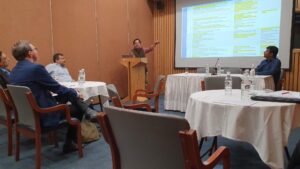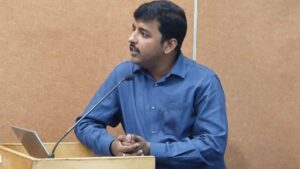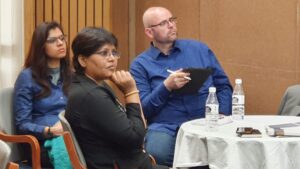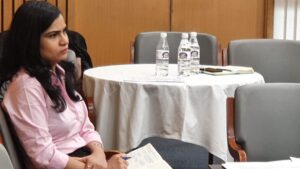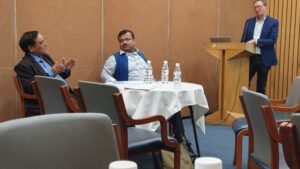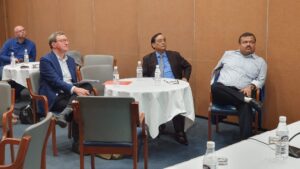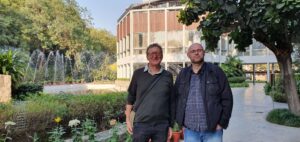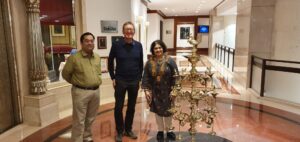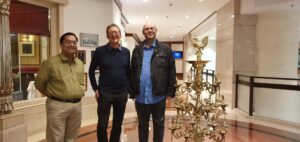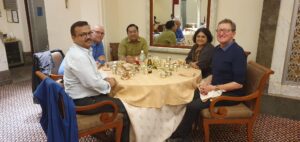National Workshop, New Delhi- 6 December 2019.
On behalf of the Indian Institute of Management – Calcutta (IIM-C) and the School of Education at the University of Glasgow a national workshop was organized on Dual Apprenticeships and Skill Development in India. The workshop was held at the India International Centre on Dec 6, 2019 from 10.00 AM to 01.30 PM followed by lunch. The national workshop was part of our current twenty-seven months long collaborative research project (2018-2021) on Dual Apprenticeships in India and Mexico, funded by the highly prestigious Economic and Social Research Council (ESRC) which is part of UK Research and Innovation (UKRI) as well as UK’s largest organization for funding research on economic and social issues. The workshop was conceived as an interactive platform for receiving feedback on our research findings as well as thinking about pathways to improved skill development in India. The workshop was attended by key stakeholders engaged in policy planning and adoption of Dual System of Training and Skill Mission in India.
Professor Manish Thakur (IIMC, India) welcomed all the participants and dignitaries who attended the national workshop and provided a brief introduction to the project followed by an overview of the skill ecosystem in India. This was followed by a presentation from Dr Oscar Valiente (University of Glasgow) and Dr Srabani Maitra (University of Glasgow) who shared the project findings as well as their observations about the present skill ecosystem based on the primary research and interviews with national level stakeholders in India. In the afternoon session there was a panel discussion followed by presentations from Dr Saikat Maitra (IIMC, India), Professor Philipp Gonon (University of Zurich), Mr Sushim Banerjee (CEO, Iron and Steel Sector Skill Council, India) and Ms Soma Mitra Mukherjee (Deputy Director, Bengal Chamber of Commerce and Industry, India). Issues around the overall journey of Indian skill system as well as inter-state migration of young students and entrepreneurial opportunities for rural youth were discussed.
Most of participants made submission that the event was fruitful on several counts.
Firstly, this workshop explained the nuances of the dual training model as well as the drivers for adoption in India. Secondly, most of the policy adopters who attended the workshop found the workshop useful as it briefed them about the challenges of global policy adoption in India. In this context Mr. Sushim Banerjee stated that the workshop informed aptly on practical aspects of skilling under different scenarios and how can it be reoriented in line with the local conditions and implemented thereof. Ms. Soma Mitra Mukherjee, also reiterated similar perspective as she added how she can now visualise how Bengal Chamber can play a more meaningful role in converging skill training program with livelihood generation programmes. Another key policymaker from the national government pointed out how she can use some of the project findings to start informing the broader skill training programmes in India and invited us to continue to collaborate with them.
Preeti, a young Indian Ph.D. scholar based at the University of Glasgow mentioned that this workshop was immensely helpful for her in making new professional connections. She further added that her take away and leaning experiences from this workshop included the role that the state governments play in actually making the scheme successful and the coordination and convergence that is needed between the different actors – ITIs, state and central government, industry and students to run this kind of national skill training programme. Having said that, she mentioned that there might be a vast difference between the aspirations of students and their parents, so it would be useful to involve the parents in the conversation about the careers and mobility of these students. She was hopeful that she can use some of the resources and knowledge gained from the workshop for her doctoral thesis as well, especially about doing cross-country comparative analysis and collaborative research.

